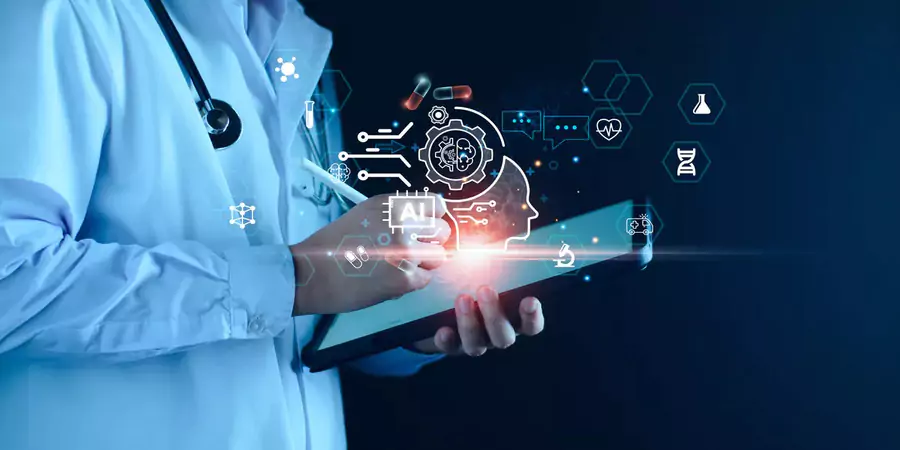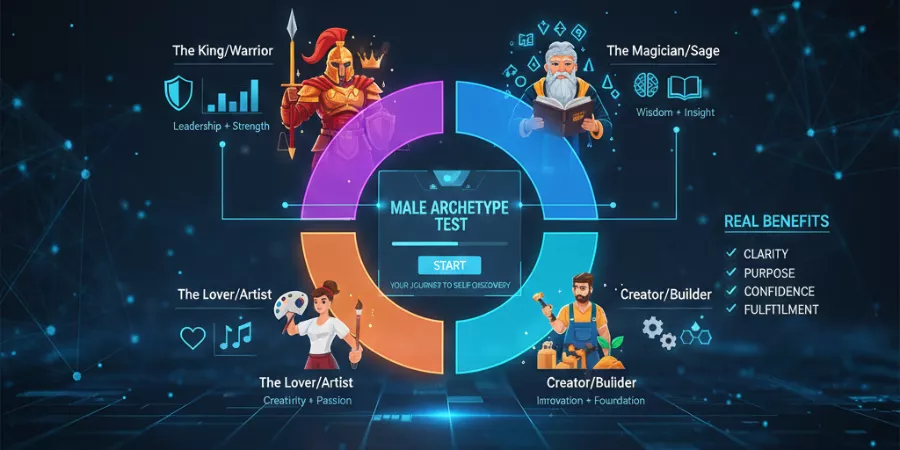Technology has transformed nearly every aspect of our lives, and healthcare is no exception. From more accurate diagnoses to streamlined access to medical records, advancements in health tech are reshaping how doctors and patients approach care. But which groundbreaking tools are driving the most significant changes?
This article highlights three health tech innovations that are not only enhancing patient outcomes but also improving the efficiency of healthcare systems globally. Whether you’re a healthcare professional or a patient, these tools can help you make informed decisions and stay ahead in today’s rapidly evolving medical landscape.
1. Telemedicine: Revolutionizing Remote Care
Telemedicine has become a cornerstone of modern healthcare, offering patients the ability to consult with doctors via video calls and online platforms. This technology is especially valuable for individuals in remote areas or those with mobility challenges, making healthcare more accessible than ever before.
How Telemedicine Improves Access to Care For patients, telemedicine eliminates barriers such as long wait times and the need to travel for appointments. Follow-ups, prescription refills, and even mental health counseling can now be managed from the comfort of home. For doctors, it allows for more efficient patient management, enabling them to offer timely consultations without geographical constraints.
Telemedicine in Rural Areas In underserved regions, telemedicine has proven to be a lifeline. Virtual consultations reduce the need for long-distance travel, ensuring that patients receive the care they need, even in areas with limited medical facilities.
2. Wearable Health Devices: The Future of Monitoring
Wearable devices like fitness trackers and smartwatches have evolved into sophisticated health monitors. These tools go beyond counting steps, providing real-time data on vital signs and health metrics. For patients with chronic conditions, wearable technology offers valuable insights that can improve disease management.
What Wearables Can Do Devices such as the Apple Watch, Fitbit, and Garmin track heart rate, sleep patterns, and blood oxygen levels. This continuous monitoring can help detect early signs of health issues, enabling timely intervention.
Chronic Disease Management with Wearables For individuals managing conditions like diabetes or heart disease, wearables make it easier to monitor critical metrics daily. This data helps doctors tailor treatment plans, leading to better long-term outcomes.
3. Artificial Intelligence (AI) in Diagnostics
Artificial Intelligence (AI) is revolutionizing medical diagnostics by analyzing vast amounts of data to identify patterns that may escape the human eye. This technology is already making a difference in early disease detection and personalized treatment plans.
AI-Powered Tools for Early Detection AI systems can analyze imaging scans, such as mammograms and CT scans, to detect early signs of conditions like cancer. Early diagnosis significantly improves treatment success rates and reduces risks associated with advanced diseases.
AI Beyond Diagnostics AI tools like IBM Watson Health are transforming healthcare by sifting through complex data sets to recommend treatment options. From predicting patient outcomes to optimizing workflows, AI is becoming an indispensable part of modern medicine.
Challenges and Opportunities in Health Tech
While health tech tools offer tremendous benefits, they also come with challenges:
- Data Security: As healthcare becomes increasingly digital, protecting sensitive patient data from cyberattacks is critical.
- Patient Education: Ensuring that patients understand how to use these technologies effectively is essential for their success.
- Provider Training: Healthcare professionals must receive proper training to integrate these tools seamlessly into their practice.
The Future of Health Tech
The future of health technology holds exciting possibilities. Innovations like 5G networks and blockchain are expected to enhance the accessibility and security of health tech tools. These advancements promise more personalized, efficient, and secure healthcare solutions.
Key Takeaways
Health tech innovations like telemedicine, wearable devices, and AI are revolutionizing healthcare, making it more accessible, efficient, and effective. Despite challenges such as data security and the need for training, these tools are paving the way for a future of personalized and advanced care.
FAQs
1. What is telemedicine, and how does it work? Telemedicine enables patients to consult with healthcare providers remotely via video calls or online platforms, saving time and effort.
2. Are wearable health devices reliable for medical use? Yes, many wearables offer accurate health data for metrics like heart rate and glucose levels, but they should complement regular doctor visits.
3. How does AI improve medical diagnostics? AI analyzes medical data to detect patterns and identify conditions earlier, aiding in faster and more precise diagnoses.
4. Can telemedicine address all medical conditions? Telemedicine is best suited for non-emergency care and follow-ups. Certain conditions may still require in-person evaluation.
5. What are the main challenges of adopting health tech? Key challenges include ensuring data privacy, educating patients and providers, and addressing accessibility gaps in underserved areas.





